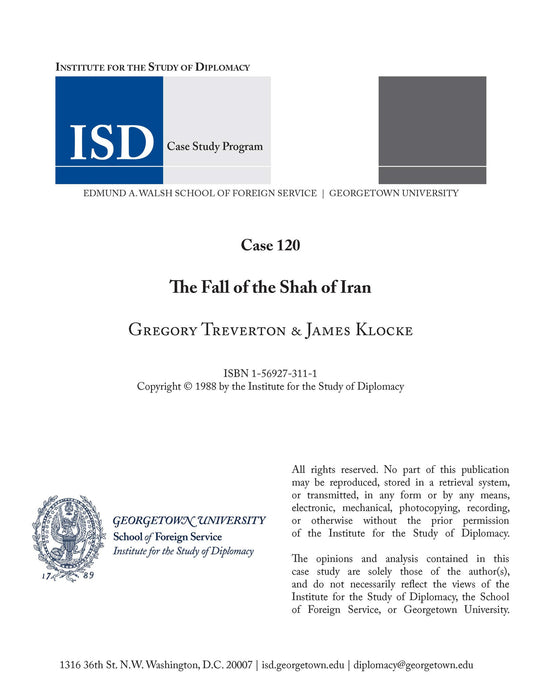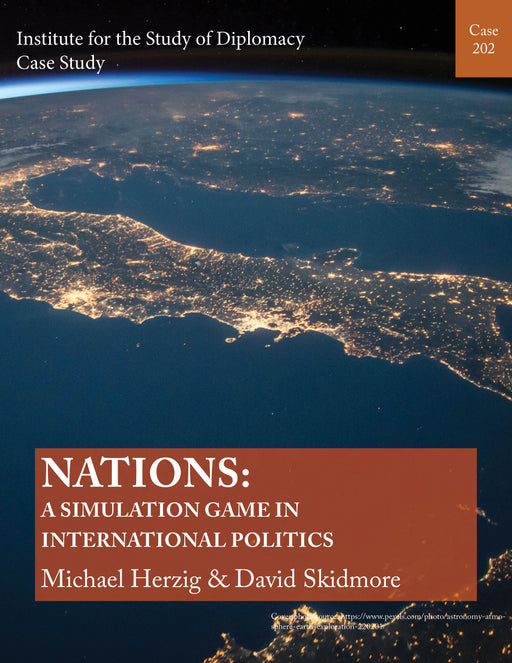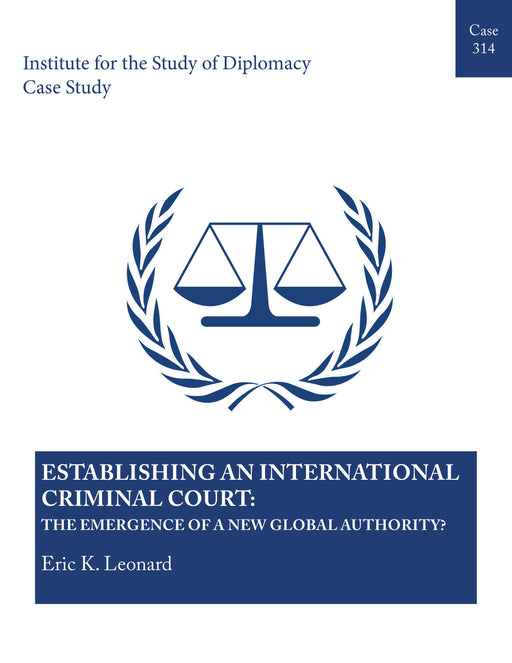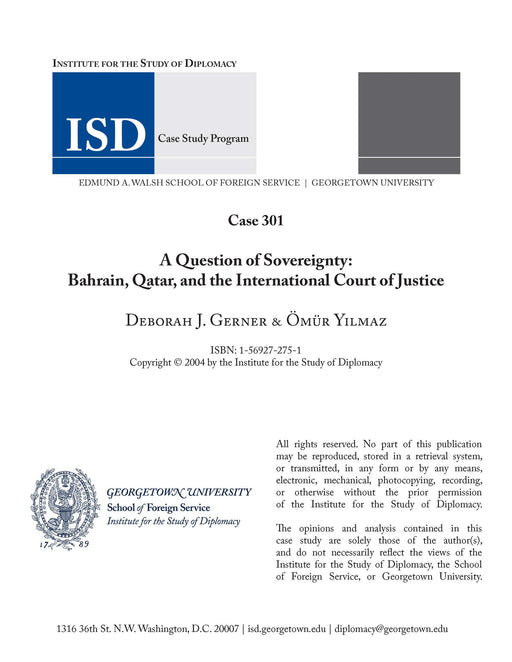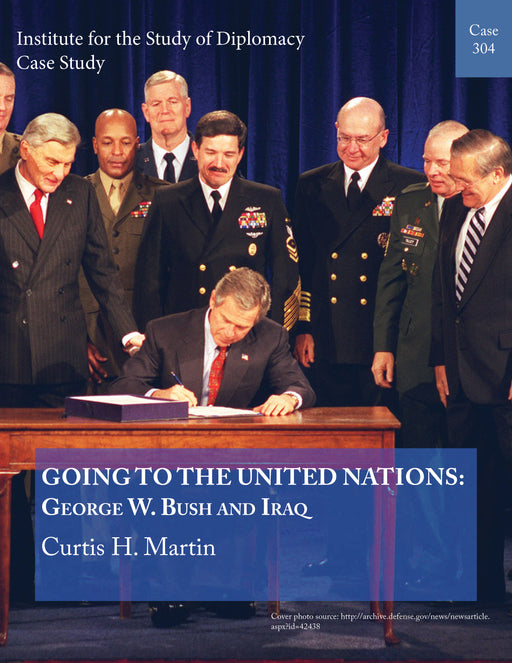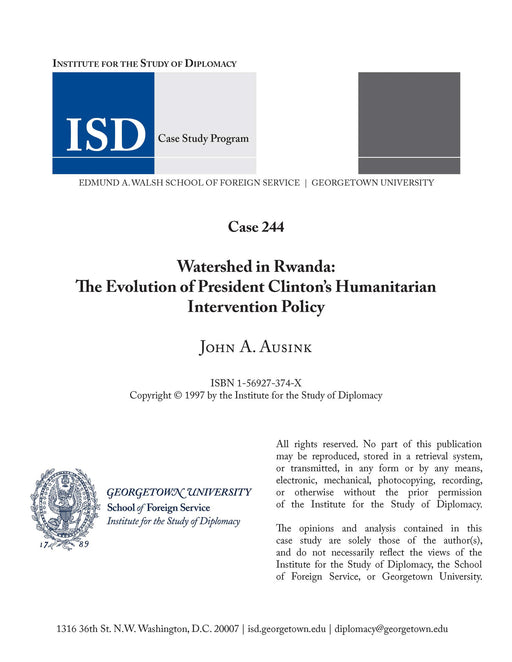Case 120 - The Fall of the Shah of Iran
Treverton, Gregory and James Klocke
This case study examines the impact of intelligence assessments on U.S. decision-making with regard to Iran, both prior to the ouster of the shah in early 1979 and afterward. It discusses American interests in the Persian Gulf and, more generally, policymaking on critical regional security issues, by focusing on the presumptions, most of them implicit, of policymakers. When used in general international relations courses, the case can also serve as a vehicle for examining the record of the U.S. government on handling a crucial national security challenge.
This case could usefully be paired with “A King’s Exile: The Shah of Iran and Moral Considerations in U.S. Foreign Policy” (Case Study 261). In addition, “The Fall of Marcos: A Problem in U.S. Foreign Policymaking” (Case Study 173) covers a similar dilemma.

